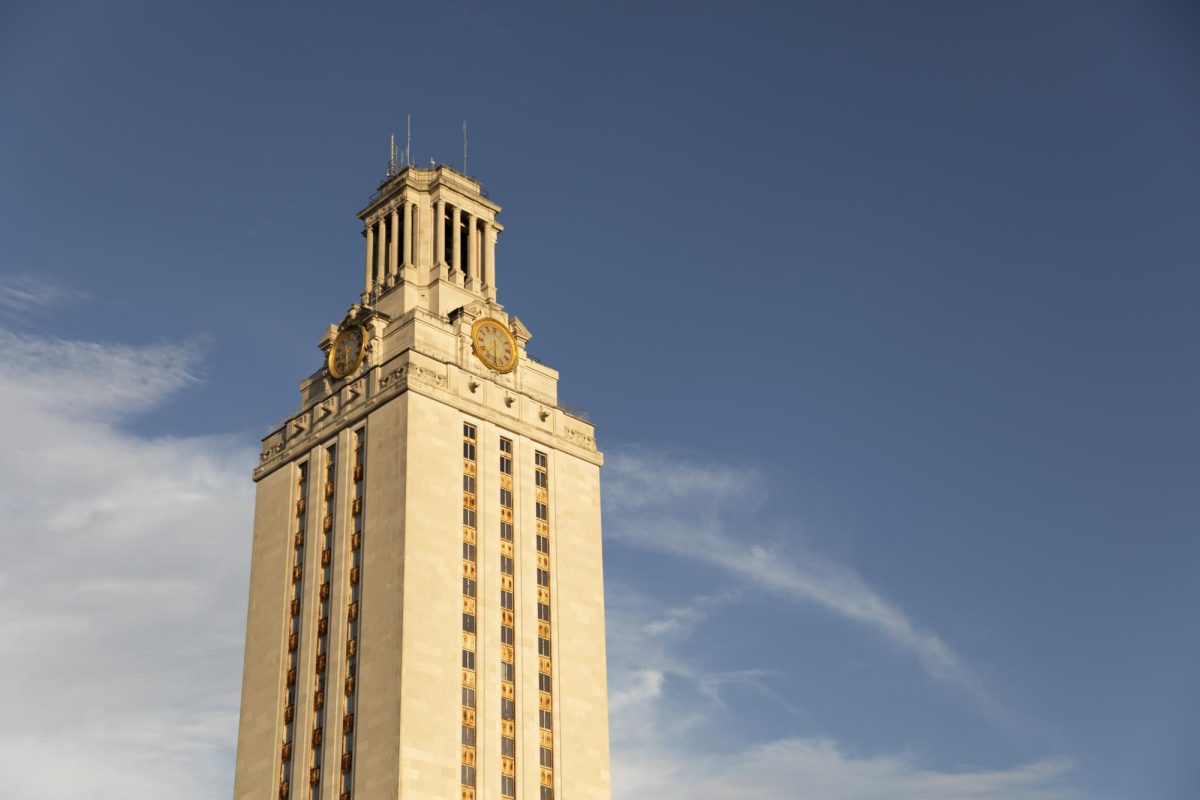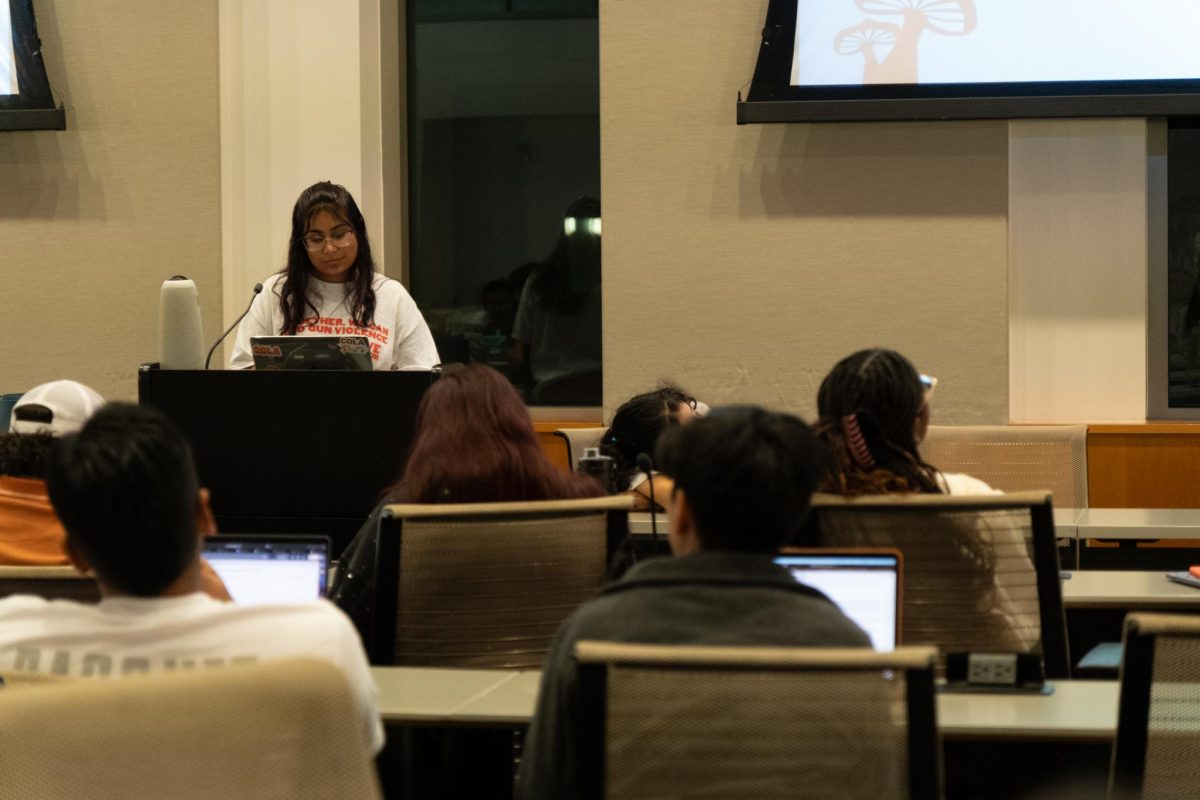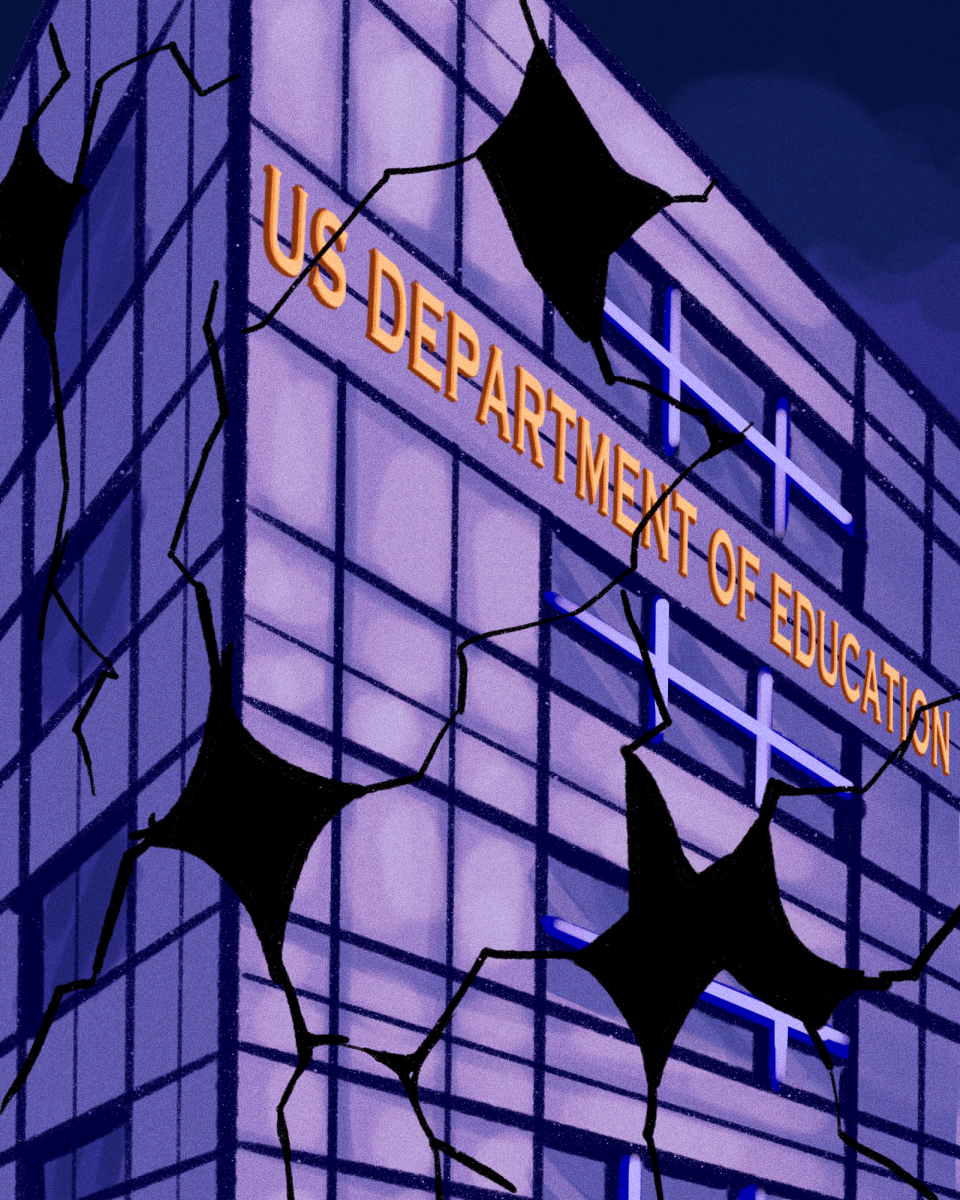QS Top Universities released their world rankings for 2024 on June 27, and UT ranked No. 58 of universities in the world, No. 19 in the US and No. 1 in Texas.
UT is one of the 10 public universities originally considered a “public Ivy” when the term was first coined by Yale University admissions officer Richard Moll in his book on the topic in 1985. In 2001, Matthew Greene and his father, Howard Greene, updated the list to include 20 more colleges and universities. Matthew Greene, co-author of the book “The Public Ivies: America’s Flagship Public Universities,” defines a public Ivy as a “well-resourced, high-quality public university receiving public support,” on par with that of a typical Ivy League school.
“To me, that means a very wide range or menu of academic programs at different levels, both undergraduate and graduate level,” independent educational consultant Greene said. “Typically quite a few interesting pre-professional opportunities and more career oriented, hands-on opportunities than you might find at some private universities.”
When Greene identified his list of public Ivies, he said there were a few things he was looking at: four- and six-year graduation rates, sophomore retention rates and endowment per student.
Greene said the list of public Ivies is not meant to be “exhaustive” and is in no way ranked.
However, QS specializes in rankings. The QS algorithm combines multiple factors such as reputational indicators, citations per faculty and faculty to student ratio, and each factor is given its own weight to determine its ranking.
“We’ve tried to be really forward looking,” QS communications manager Will Barbieri said. “Really looking to the future and how the priorities of the sector and the people who are going to be benefiting from it have changed over the years and how it will best reflect their needs and years to come.”
According to QS, the University has a 93.5% academic reputation rating and a 83.2% employer reputation rating, while Harvard, at No. 4 in the world, has a 100% academic and employer reputation.
“We see with Austin certainly in the top 40 or something by academic reputation based on really strong research outputs,” Barbieri said. “I think it’s the reputations of those upper echelons, those ones with the label, that are known around the world.”
Working with graduating seniors, Greene sees all different outcomes when it comes to college acceptance, but he said there is definitely an increased interest in large public universities like UT.
“You can speculate on what’s driving that but I think right now, I mean, I see a lot of students that are super interested in that range of mid to large universities with a lot happening,” Greene said. “It’s a pretty attractive proposition for them.”
Greene said he doesn’t necessarily see students picking public Ivies over an Ivy League when deciding, but the appeal of the public Ivies is growing.
“One thing that’s absolutely for sure is just the unpredictability of the whole process,” Greene said. “Both public and private, it’s just extremely uncertain.”




















